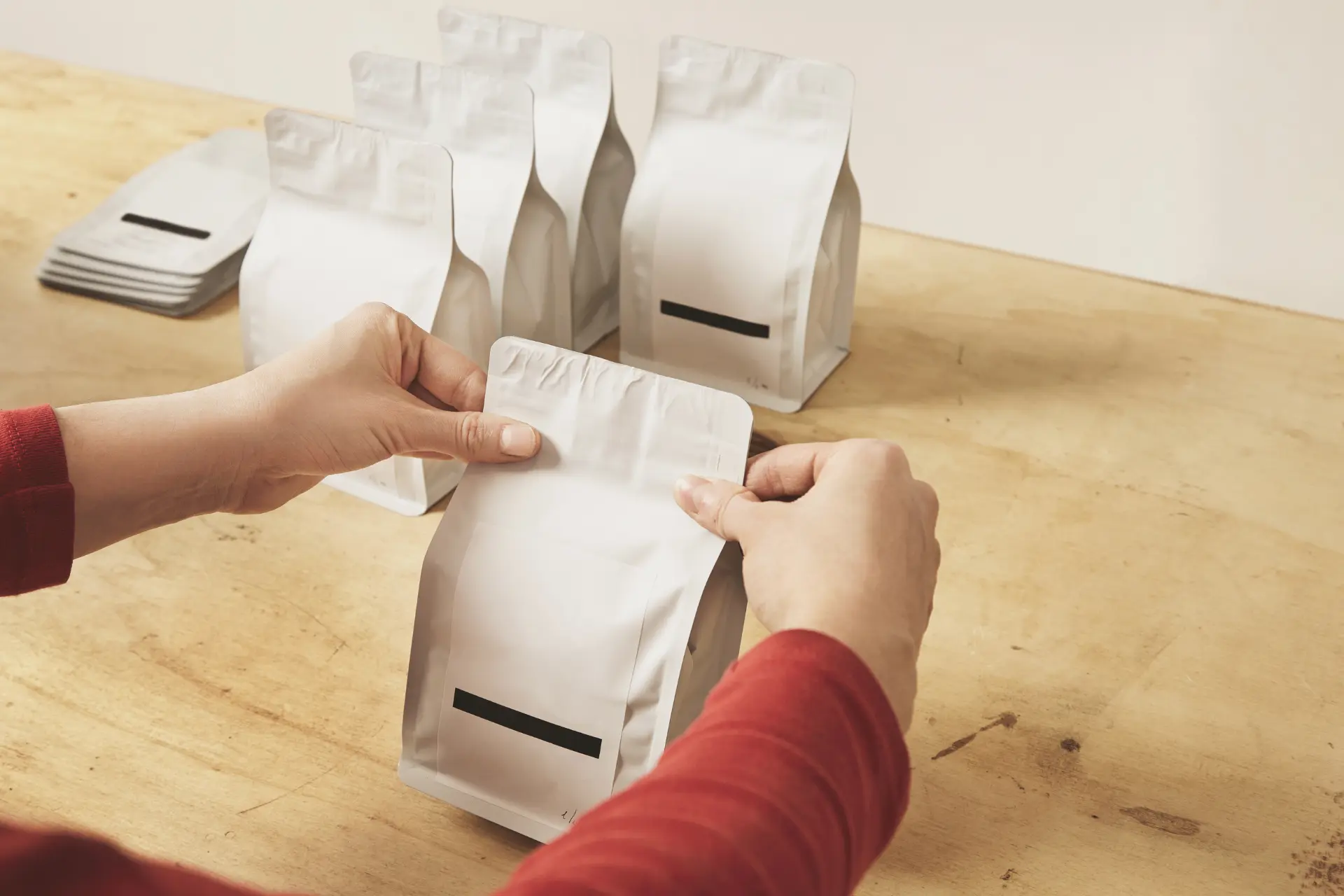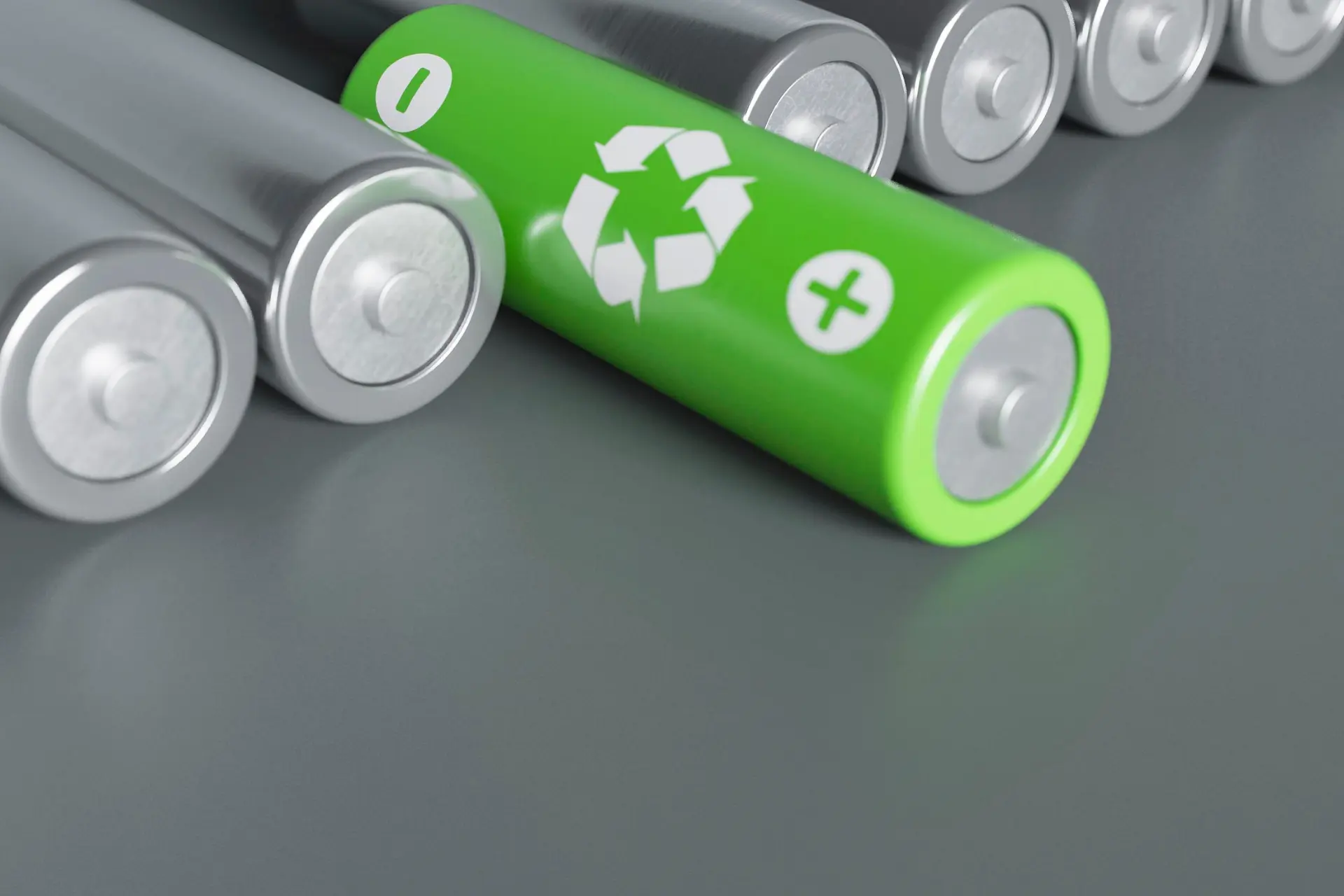Across the globe, food consumption accounts for a quarter of the planet’s greenhouse gas emissions; so, our food purchase decisions are indeed impactful. In this article we discuss the opportunity to leverage packaging to communicate and engage with the sustainability-aware consumer.
Product sustainability is forecast to become a key driver for consumer purchasing decisions. In a recent survey by Nielsen > 73% of global consumers showed willingness to change their purchasing habits to reduce their environmental impact.
This provides a perfect opportunity for brands that are willing to research and demonstrate high sustainability credentials. Consumer brands Quorn and Oatly are pioneers in this field and have already started to add CO2 equivalent per kg/per serving figures to their product packaging (reference).
Packaging is at the forefront here, the key communicator that ensures that environmental impact information is available to the consumer at the point of purchase, and a canvas that provides links to additional online content and educational resources.
However, this trend to display environment or sustainability information is not without its own challenges.
For companies, especially those that are operating across the EU or internationally, marketing a product with environmental credentials is not easy. Across the EU markets have different national standards and schemes to comply with and across the world there are at least six competing Environmental Product Declaration (EPD) systems.
Companies who do this well, will be looking to introduce full transparency across their whole product range. This is not without risk, if some products are more environmentally impactful than others.
The potential rewards for brand owners at the forefront of this movement are huge but these companies will also, necessarily, take on a role and responsibility for educating consumers in this new area.
For consumers, any information given has a potential to be confusing if incomparable or diverse standards have been used. On top of this, consumers are looking for independent accreditation of any declared figures to give them reassurance that the information is credible.
We are at an early stage, and solutions will have to be found for these issues as consumers drive brand owners to provide this type of information.
The EU Single Market for Green Products initiative is set to overcome some of the regulatory and legislative issues. They are proposing two universal methods to measure environmental performance the Product Environmental Footprint (PEF) and the Organisation Environmental Footprint (OEF).
Most importantly – from a packaging standpoint, the PEF standard will take into account whether the package post consumption is thrown away, recycled or reused. This extends the existing scope of carbon footprint labelling which tends to be from ‘farm to store’ or ‘farm to fork’ and not encompassing quite the whole lifecycle of the product and its packaging.
Denmark, as a country is set to lead the way with the Danish food industry having recently committed to be carbon neutral by 2050. The Danish Agriculture and Food Council (DAFC) already proposed in 2018 to make it a legal requirement to mark food products with stickers that show their environmental impact.
At 4Pack, we are perfectly placed to help brand owners manage these new types of environmental claims and content on their packaging and labelling.
By linking teams through our SaaS platform, your internal and external teams are able to manage the process of collating and approving pack copy content, briefing and approving artwork and confirming files ready to print. 4Pack is easy to deploy and scale with your growing business and is readily accessible from all locations; internal offices, remote working and with security control by your supply chain partners.
4Pack exists to help Food & Beverage manufacturers and brands of all sizes to push innovative, safer products to market across channels quickly. If you want to turbo charge your product launch process, book a demo with one of our experts.


